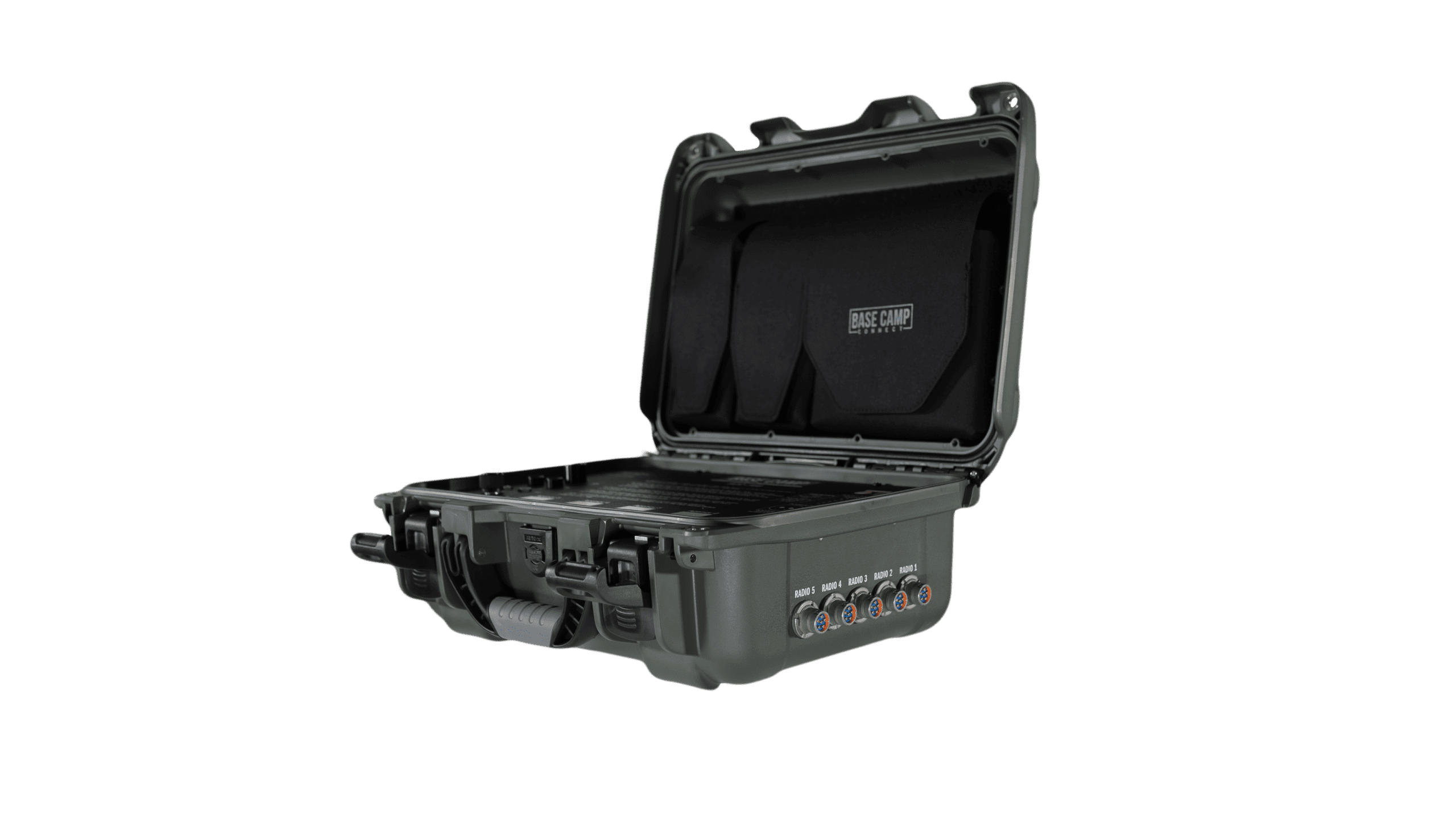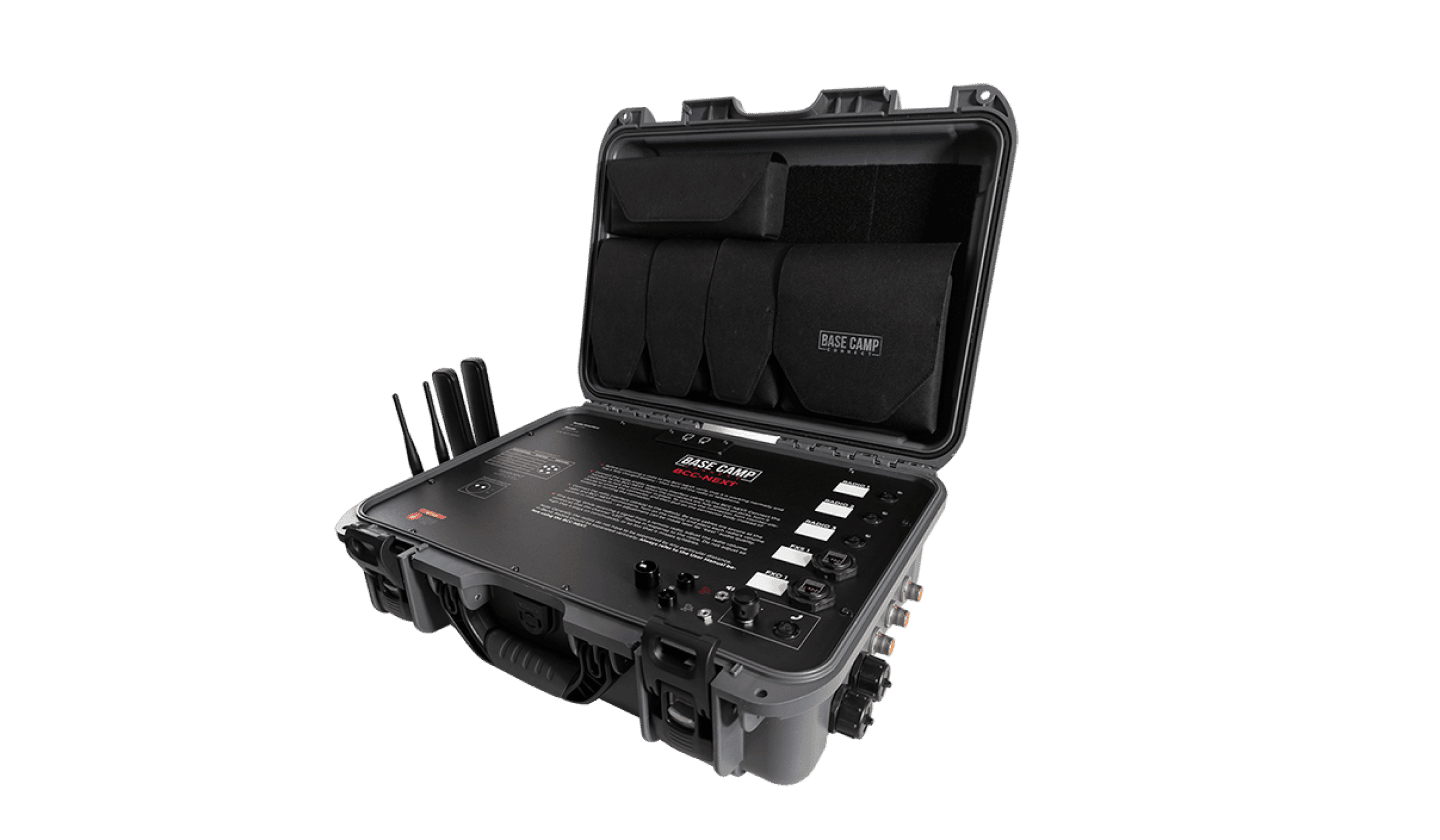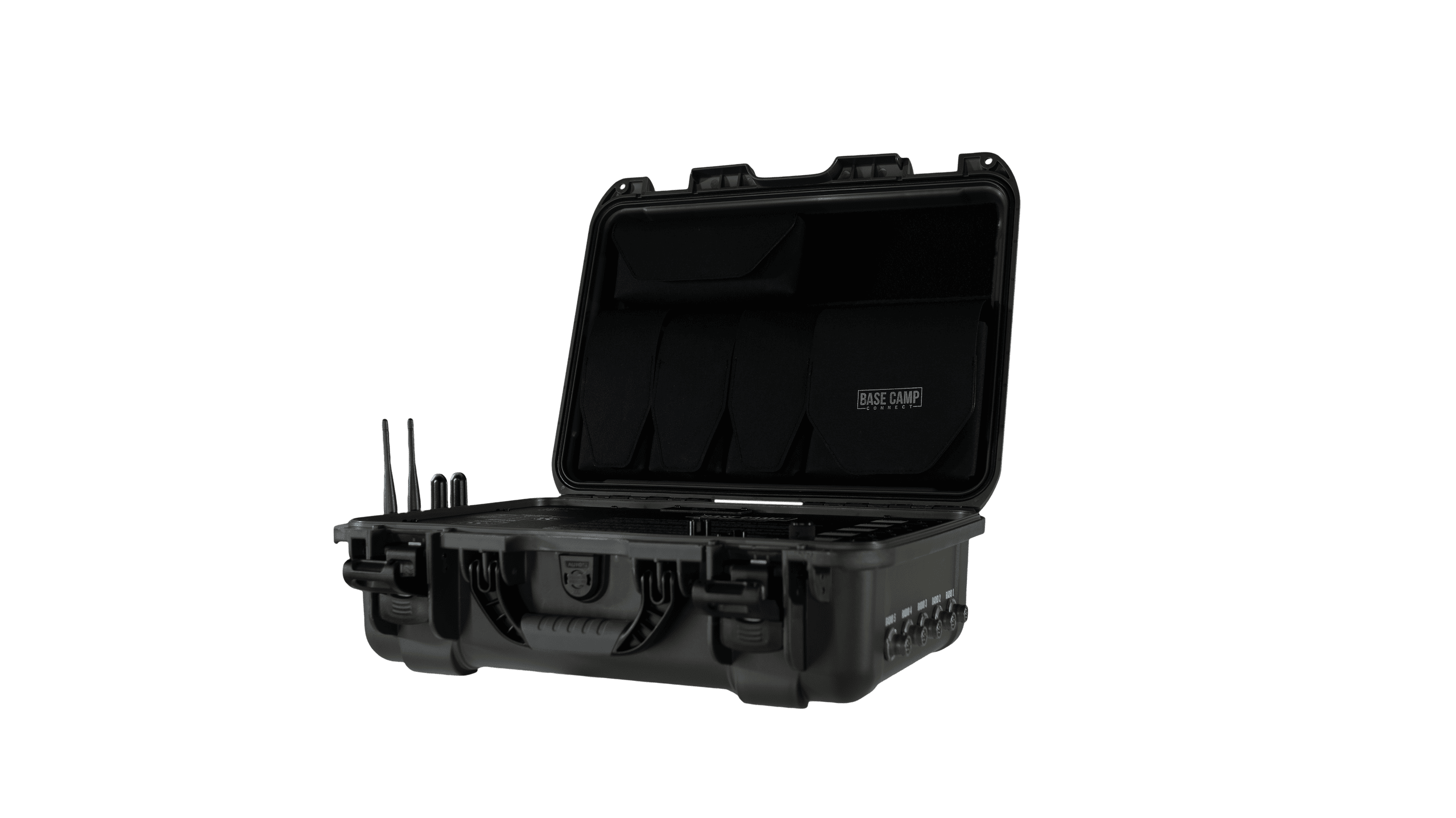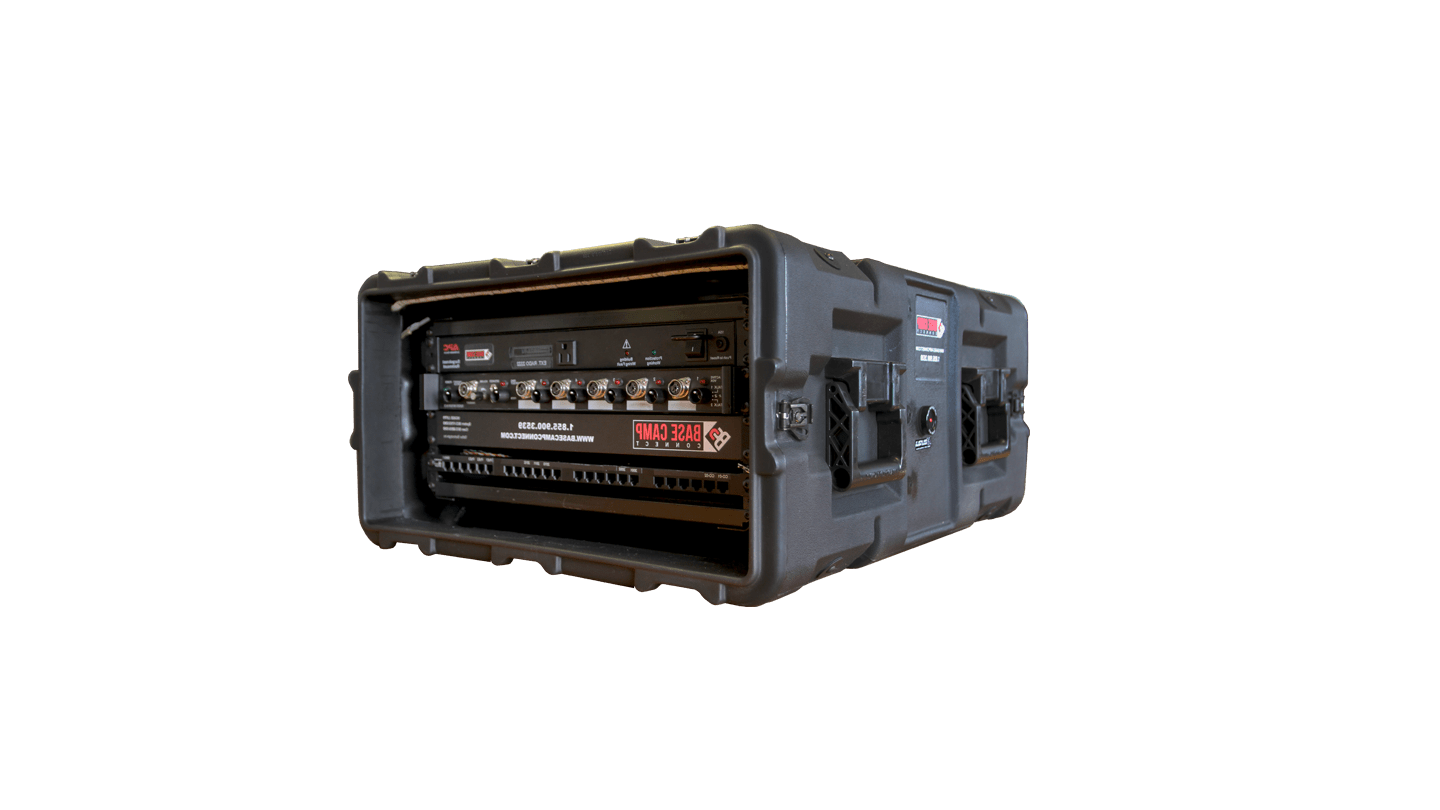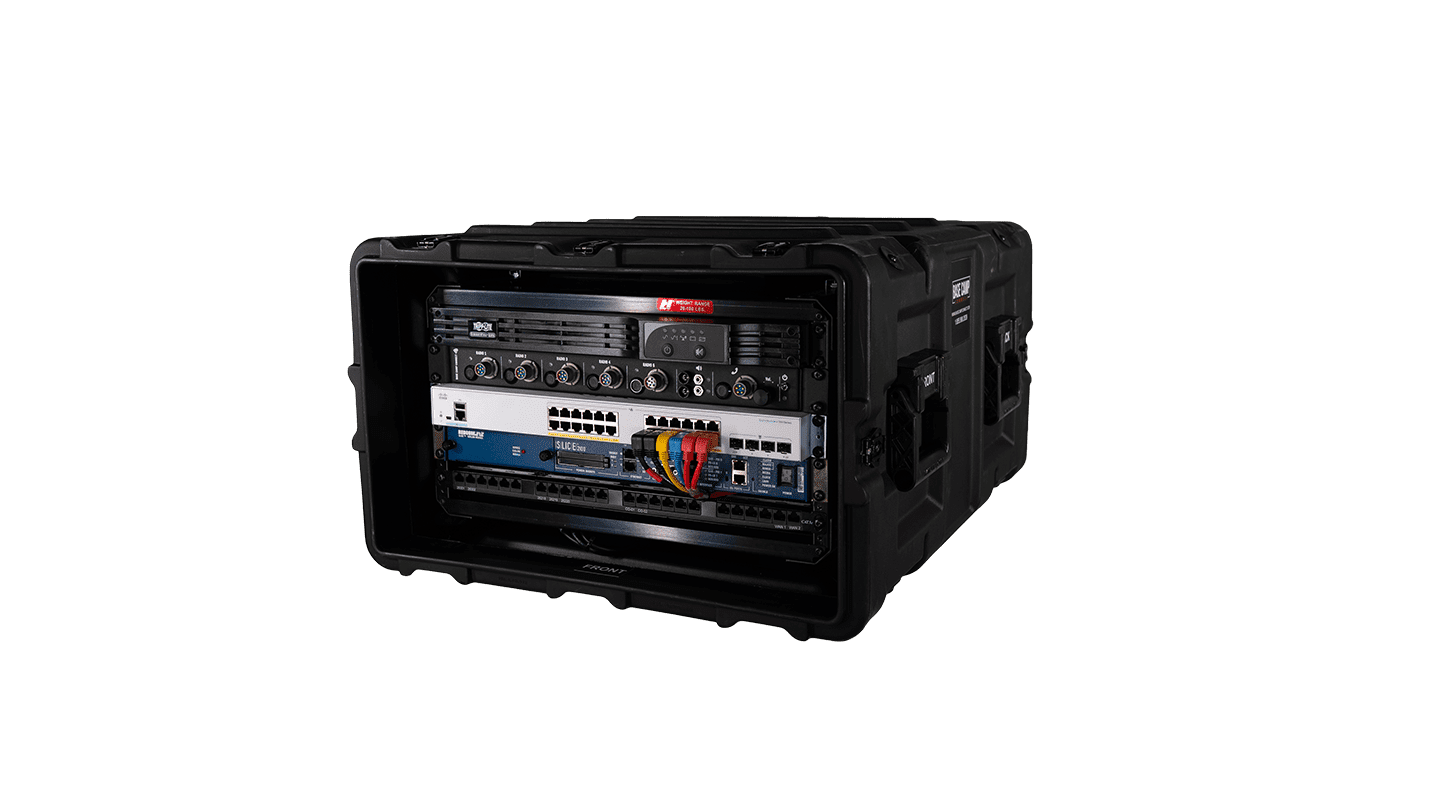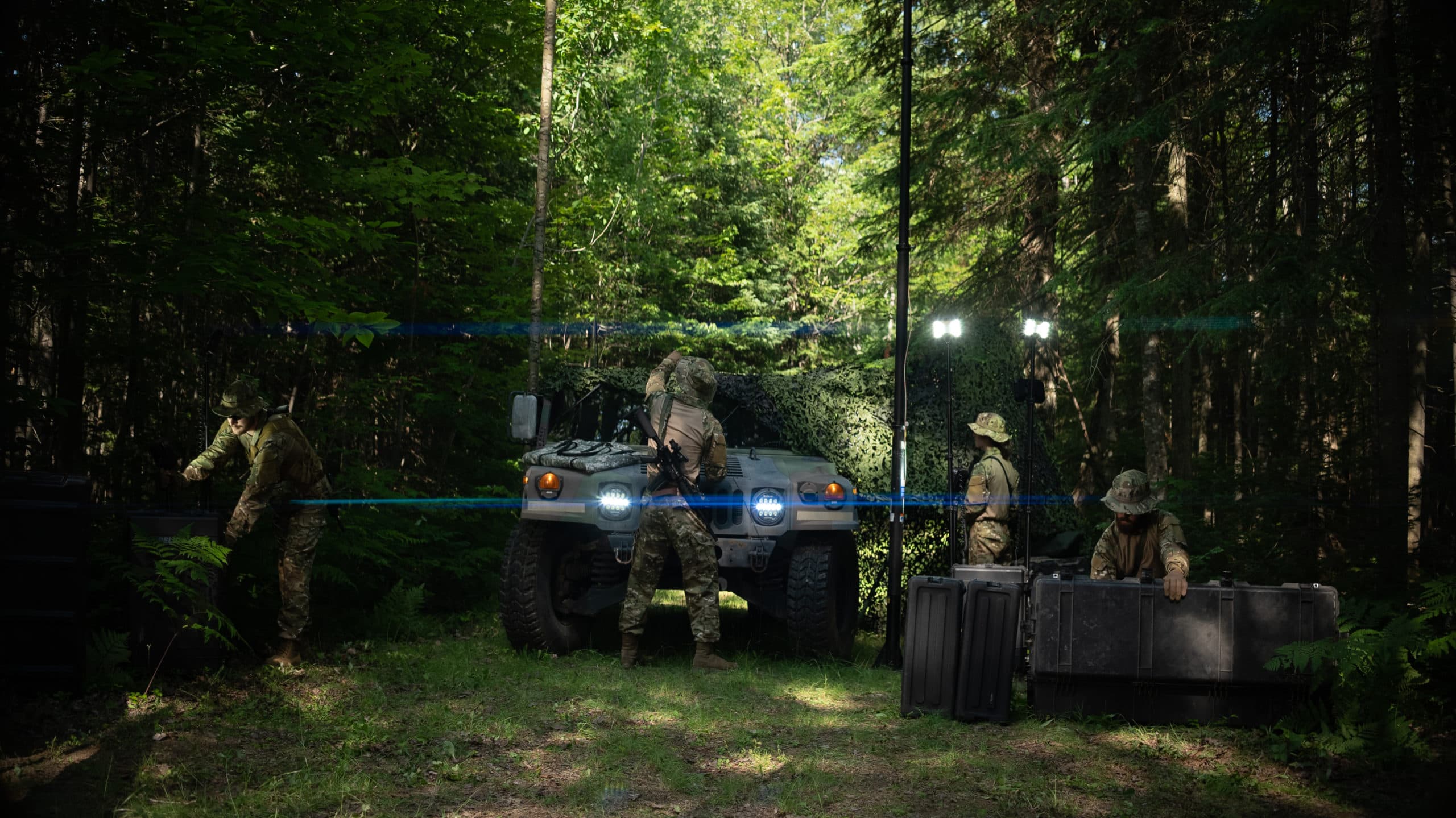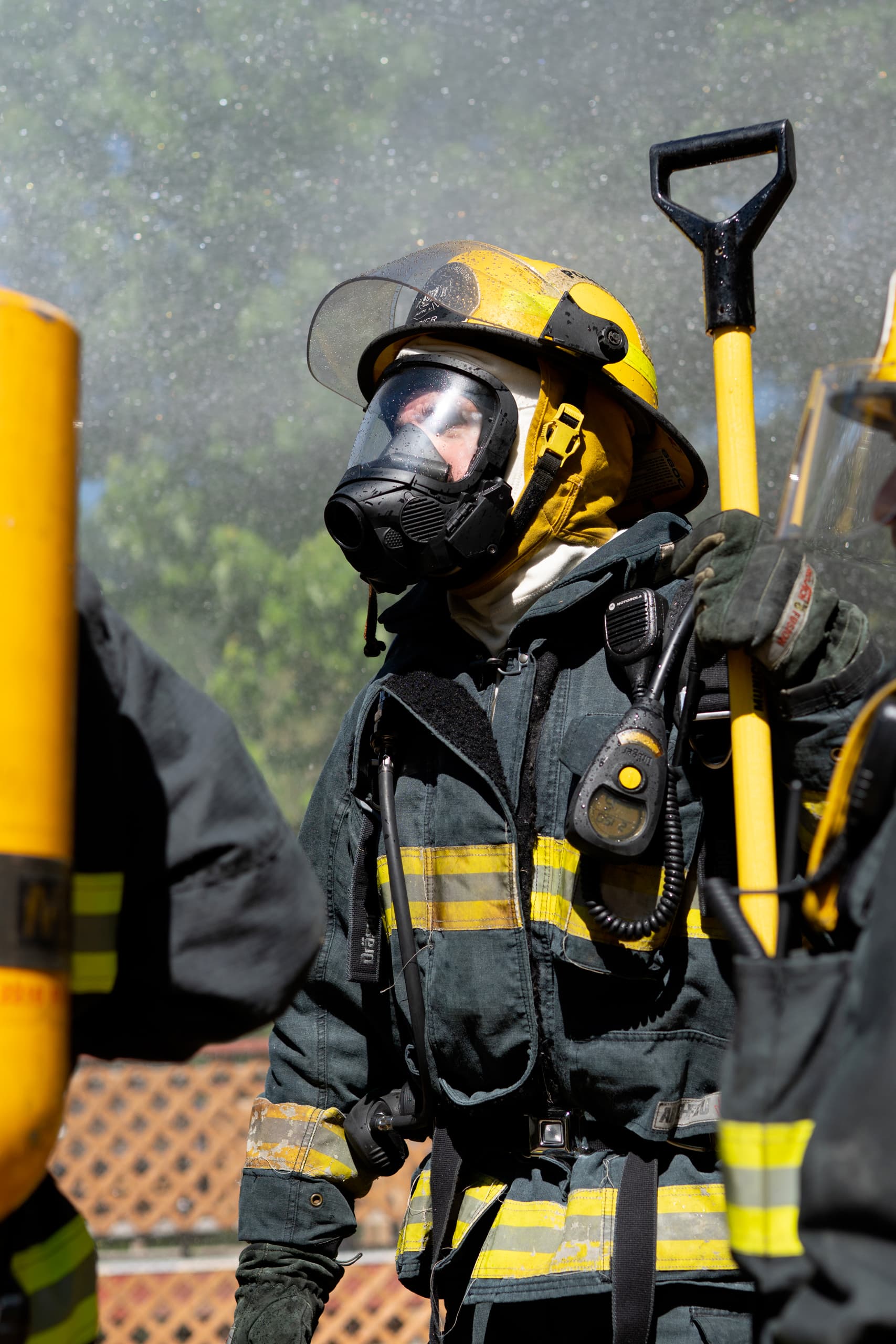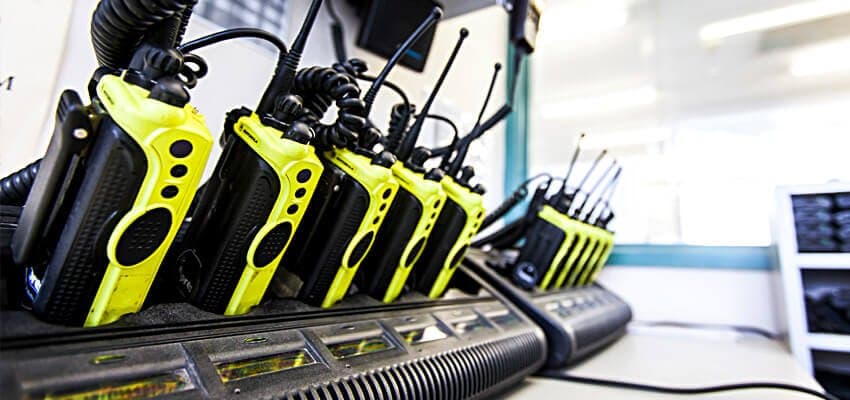As you know, radio communications are essential to emergency response operations. This is why we have chosen 6 articles that every emergency responder should read. Good reading!
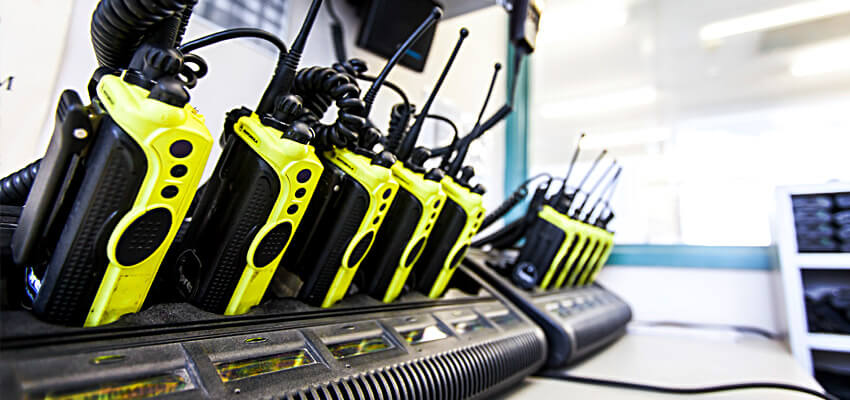
1 – Radio communications are great, until they fail…
Push-to-talk. A responder’s favorite button. With it, responders can communicate tactics, convey safety messages, and request resources. But what happens when you push that button and no one can hear you – or you can’t hear them?
2 – How to ensure radio communications within large buildings
The previous articles I have written have talked about how our radio equipment should work in the field. In this article, I wanted to talk about an important change in how we can ensure that our equipment works when we are dealing with large buildings such as high-rise buildings or malls.
3 – How to manage radio communications during special operations
I was reading an email earlier from the Federal Emergency Management Agency about a new program that they have designed and are offering. After reading the description, I started to think about the radio communications involved with these types of events.
4 – 3 Steps to properly use a radio
When a firefighter joins the fire service, they are given training on operating hose line, throwing ladders and using a self-contained breathing apparatus; but not much time is given to train them on how to properly use a radio. I can hear the readers first thought; how hard can it be to operate a radio, you just need to push the button and talk.
5 – How to run a successful radio training
In part 1 of this article, I talked about the things you need to do to keep your portable radio in top operating condition. The radio lifetime is only as good as your treat it and if you keep it clean, charged and protected it should be the partner you need in the most critical situations. The next thing I wanted to cover is the use of the radio and radio training.
6 – The 3 stages of a radio’s life
Like with all things in life, there is a beginning and an end; this is as much true for the life of a radio. It does not matter the size or the cost, all radios are individuals and must be treated as such. I know this sounds strange, but if you don’t think of them like this, then you will find yourself getting in trouble for having missing or unaccounted items.
